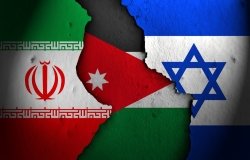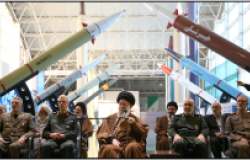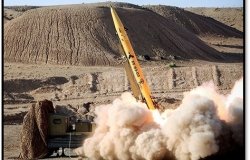An Afghan Prison Break That Shouldn’t Surprise Anyone
"Ghazni represents something close to a worst-case scenario for Kabul and its allies in Washington: a province where state authority and control are collapsing in the face of relentless Taliban assaults." said Michael Kugelman
Ghazni province, the site of a brazen Taliban-led prison break Monday, is no counterinsurgency success story for the Afghan government. This eastern region is one of the Taliban’s most formidable bastions. Several districts in Ghazni face the threat of falling under Taliban control; Nawa District already has.
Over the past two weeks the Afghan Taliban has killed nearly a dozen police officers. And, according to an investigation by the Long War Journal, fearsome Taliban allies such as al Qaeda and Lashkar-e-Taiba have a strong presence in Ghazni. Against this backdrop, it’s not surprising that the Taliban could stage a prison break with practically no resistance from Afghan security forces–and perhaps with help from inside the prison.
In a region where the group operates with impunity, even presumably well-fortified facilities are fair game for the Taliban. Ghazni represents something close to a worst-case scenario for Kabul and its allies in Washington: a province where state authority and control are collapsing in the face of relentless Taliban assaults. This prison break and the troubled province where it occurred offer an important lesson: Observers can talk all they want about the Taliban’s internal fractures, its leadership crisis, and its setbacks on the battlefield in recent years. But this group remains a formidable threat to Afghanistan, where stability is increasingly tenuous, and for its stumbling national unity government, which will soon mark its first rocky year in power.
The opinions expressed here are solely those of the author.
This article originally appeared in the Wall Street Journal's Washington Wire.
About the Author


Indo-Pacific Program
The Indo-Pacific Program promotes policy debate and intellectual discussions on US interests in the Asia-Pacific as well as political, economic, security, and social issues relating to the world’s most populous and economically dynamic region. Read more










